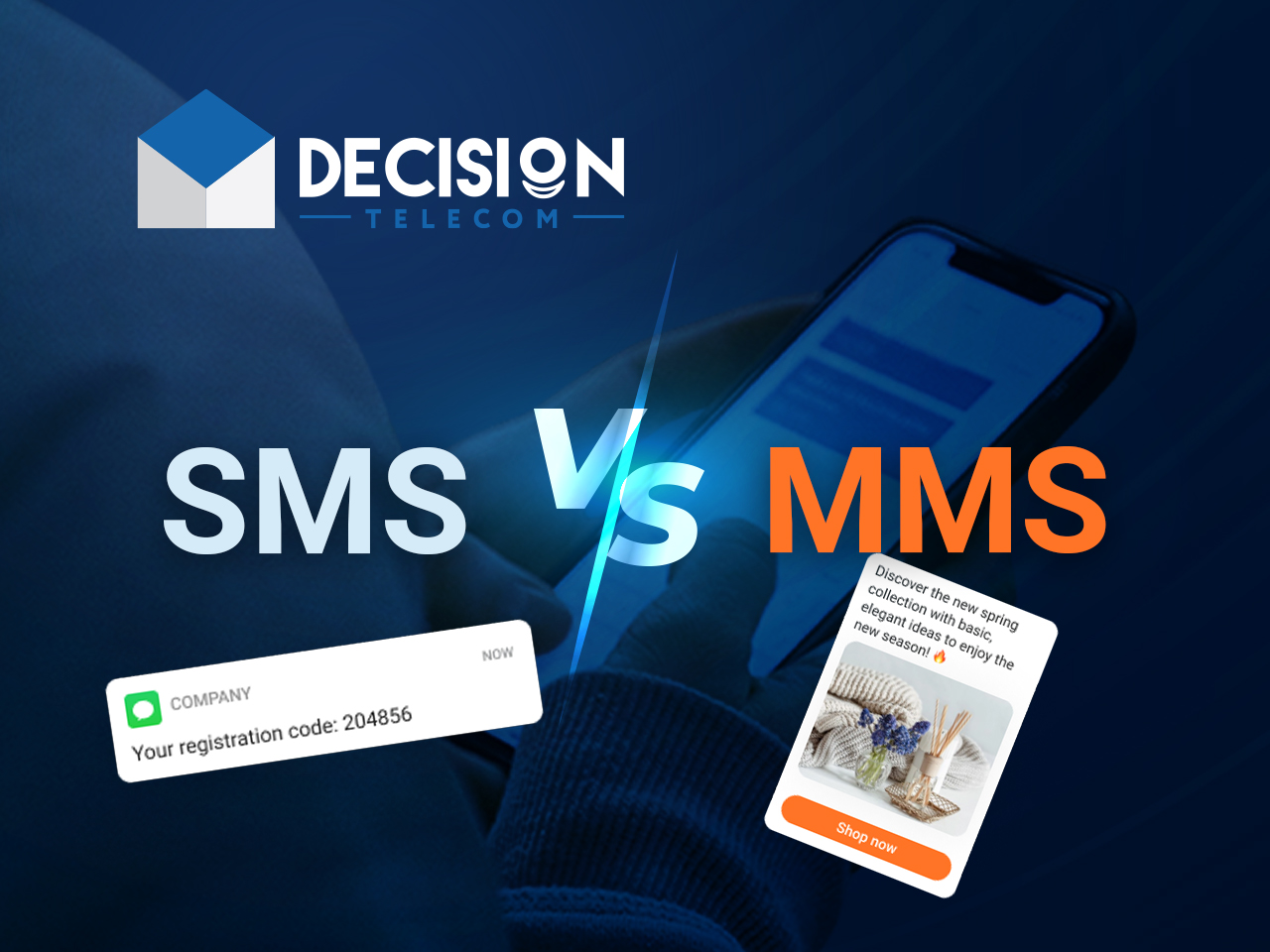MMS video has transformed the way we communicate, enabling us to send multimedia content seamlessly across various platforms. In an era dominated by instant messaging, understanding the ins and outs of MMS video is crucial for both personal and professional communication. This article will delve into the evolution, features, and implications of MMS video, exploring its significance in our daily lives.
In this article, we will explore the technical aspects of MMS video, its advantages over traditional messaging, and its role in modern communication. Whether you're a tech enthusiast or simply curious about how MMS video works, this guide aims to provide valuable insights into its features and functionality.
Table of Contents
- What is MMS Video?
- History of MMS
- How MMS Works
- Benefits of MMS Video
- MMS vs SMS: Understanding the Differences
- MMS Video in Marketing
- The Future of MMS Video Technology
- Conclusion
What is MMS Video?
MMS video, or Multimedia Messaging Service video, is a feature that allows users to send and receive video content through their mobile devices. Unlike SMS (Short Message Service), which primarily deals with text messages and has a character limit, MMS enables the transmission of larger files, including images, audio, and video clips.
Key Features of MMS Video
- Supports various multimedia formats, including MP4, AVI, and MOV.
- Allows users to send files up to 1MB or more, depending on the carrier.
- Compatible with most smartphones and mobile operating systems.
- Enhances communication by adding a visual element to messages.
History of MMS
The concept of Multimedia Messaging Service was first introduced in the early 2000s. Initially, it was designed to enhance communication by allowing users to send images and audio clips. As mobile technology developed, the inclusion of video became a natural progression.
In the early days, the quality of MMS video was limited due to bandwidth restrictions and technology constraints. However, advancements in mobile networks, particularly the transition from 2G to 3G and now to 4G and 5G, have significantly improved the quality and speed of MMS video transmission.
Milestones in MMS Development
- 2002: Introduction of MMS by major mobile operators.
- 2005: Enhanced multimedia capabilities with the advent of 3G networks.
- 2010: Widespread adoption of smartphones, leading to increased use of MMS.
- 2020: Introduction of 5G technology, allowing for high-definition video messaging.
How MMS Works
MMS video operates through a combination of mobile networks and protocols. When a user sends an MMS video, the content is uploaded to a multimedia messaging service center (MMSC), where it is stored temporarily before being forwarded to the recipient.
The Process of Sending MMS Video
- The sender composes a message and attaches the video file.
- The message is sent to the MMSC via the mobile network.
- The MMSC processes the message and stores the video.
- The recipient's device retrieves the message and downloads the video.
Benefits of MMS Video
MMS video offers several advantages over traditional SMS, making it a preferred choice for many users. Here are some key benefits:
- Enhanced Communication: Adding visual elements makes conversations more engaging and expressive.
- Higher Engagement Rates: Messages with multimedia content are more likely to be opened and viewed.
- Versatility: Users can share various types of content, from personal videos to promotional material.
- Ease of Use: Sending and receiving MMS videos is straightforward and user-friendly.
MMS vs SMS: Understanding the Differences
While both MMS and SMS serve the purpose of messaging, they have distinct features that set them apart. Here’s a breakdown of the key differences:
Comparison Table
| Feature | MMS | SMS |
|---|---|---|
| File Size | Up to 1MB or more | 160 characters |
| Multimedia Support | Yes (images, audio, video) | No (text only) |
| Cost | Usually higher than SMS | Usually lower |
MMS Video in Marketing
Businesses have begun leveraging MMS video as a marketing tool to enhance customer engagement. With the rise of mobile usage, brands can deliver targeted video content directly to consumers’ devices.
Effective Strategies for Using MMS Video in Marketing
- Promotional Campaigns: Use MMS to send exclusive video offers and discounts.
- Product Demonstrations: Showcase products through engaging video tutorials.
- Customer Feedback: Encourage customers to share their experiences through videos.
The Future of MMS Video Technology
As technology continues to evolve, the future of MMS video looks promising. With the ongoing development of 5G networks, users can expect faster upload and download speeds, higher quality video, and more innovative features.
Trends to Watch
- Increased integration with social media platforms.
- Greater personalization in marketing messages.
- Enhanced analytics for businesses to track engagement.
Conclusion
MMS video has revolutionized the way we communicate, providing a dynamic platform for sharing multimedia content. Its ability to enhance personal and business communication makes it an invaluable tool in today’s digital landscape. As technology continues to advance, the future of MMS video promises even more exciting developments.
We encourage you to explore the possibilities of MMS video, whether for personal use or business marketing. Share your thoughts and experiences in the comments below, and don’t forget to check out our other articles for more insights on digital communication trends.
You Might Also Like
Melina Goransson Age: Discovering The Journey Of A Rising StarDiscovering Dreamlight Valley Leeks: The Ultimate Guide
5movierulz: Your Ultimate Destination For Free Movie Downloads
Ultimate Guide To MKV Movies Download: Everything You Need To Know
Nickelback Net Worth: An In-Depth Analysis Of Their Financial Success
Article Recommendations
- Gruesome Quiero Agua Gore Video Disturbing Footage
- Jason Luv Yumi Eto Latest Updates News
- Ella Langley And Riley Green Dating Rumors Is It True

/what-is-sms-mms-iphone-2000247-Final-5c38a50846e0fb0001673a66.png)
